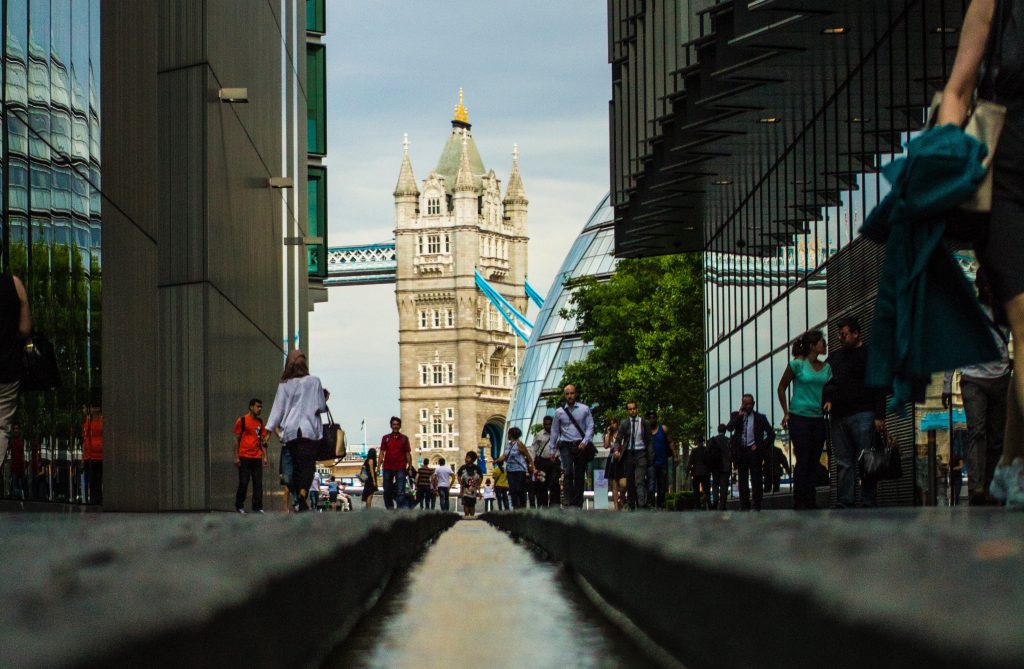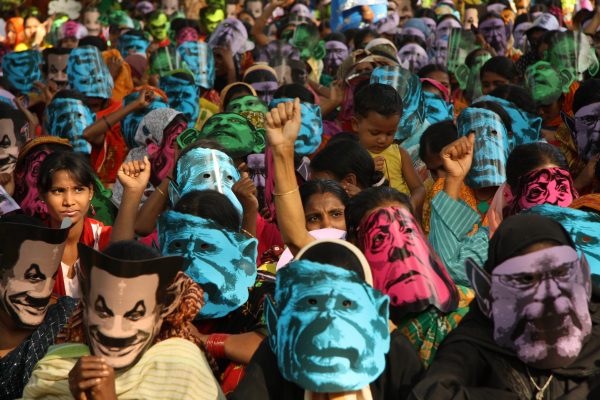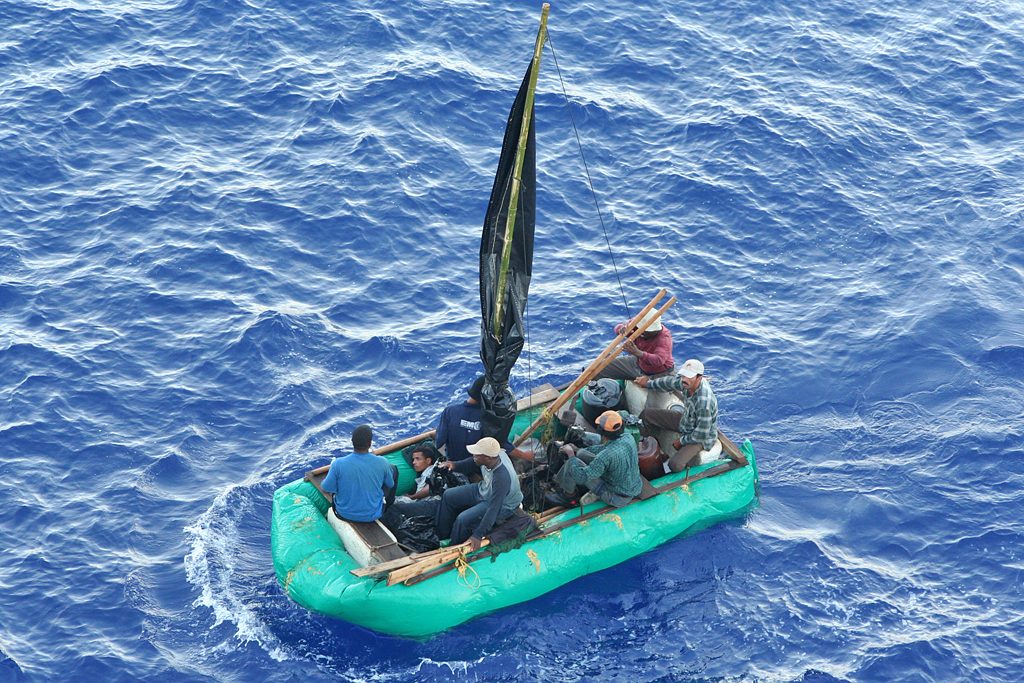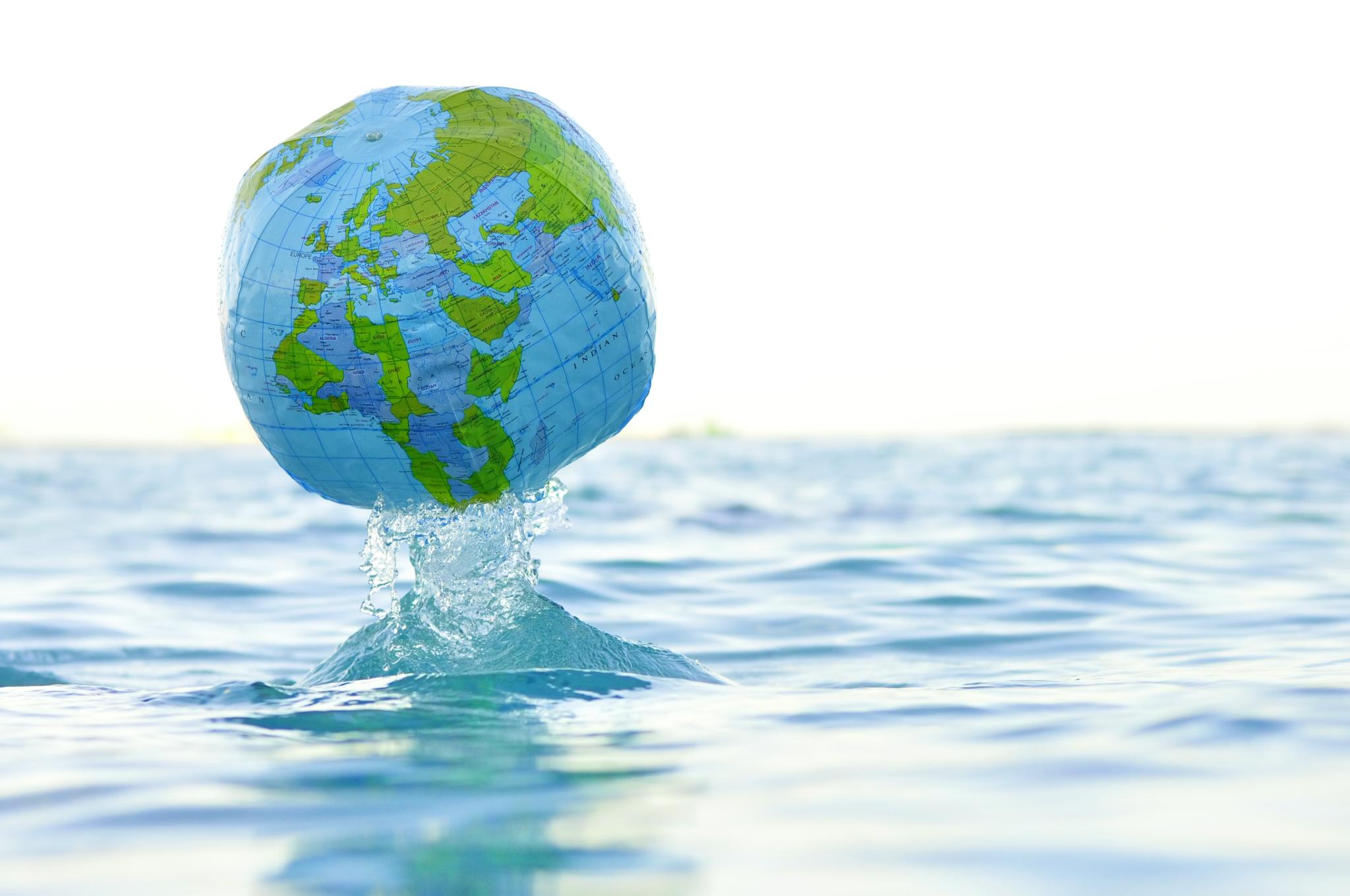Climate change is already forcing millions of people to migrate – and the problem is only getting worse.
It’s more important than ever to address the way climate change is altering our world and impacting our human rights.
Climate Change is Now
 Image Credit: Michael Ash / Unsplash
Image Credit: Michael Ash / Unsplash
We tend to see climate change as something that will have serious consequences in the future, rather than as an emergency unfolding before our eyes. Predictions of London being submerged in less than a century briefly gained headlines after a study suggested sea levels would increase several feet over the next 50 years. However, little coverage is given to the dramatic effects of climate change in other countries.
Tragically, the countries who bear the worst consequences tend to be those least responsible.
What about the disappearing Solomon Islands and other Pacific nations such as Kiribati? What about the Philippines with its deadly “super-typhoons”, Haiti with its world-shattering hurricanes, and Bangladesh’s flooded land? There are many places in the world where countless homes and livelihoods have already been lost due to climate change. Tragically, the countries who bear the worst consequences of climate change tend to be those least responsible for it.
It Affects Millions of People

Image Credit: Oxfam / Flickr
Climate change is already happening and we need to do more to address it right now. It’s not just about the progressive collapse of our ecosystem – there’s a very real toll on our human rights.
It’s fast becoming one of the main causes of forced migration, including the European refugee crisis. There is evidence that climate change has played a big role in the surge of asylum seekers entering the UK and Europe, as well as affecting migratory flows worldwide.
According to the UNHCR, the UN Refugee Agency, “displacement linked to climate change is not a future hypothetical – it’s a current reality.” The UNHCR estimate that every year since 2008, an average of 21.5 million people have been forcibly displaced by climate change. They warn that even by the most conservative predictions, up to 250 million people will be displaced by 2050 as a result of extreme weather conditions. Oslo-based Norwegian Refugee Council say that, “every second, one person is displaced by disaster”.
The situation is likely to worsen if robust policy responses to reduce emissions are not put in place immediately. However, in the US, President Trump has signed an executive order to withdraw the Clean Act Plan. And in the UK, the Government has repeatedly delayed in saying how they will meet the target to reduce emissions by 2030. This is despite a UK Foreign Office report making a stark assessment of the dangers posed by unchecked global warming, including risks to global food security, increased risk of terrorism as states fail, and unprecedented migration.
The New ‘Climate Refugees’

Image Credit: Tarik Browne / Flickr
Worryingly, the people displaced by climate change are not protected by international law. They are not included in the definition of ‘refugee’ provided by the 1951 Geneva Convention, so are not covered by the protections that refugee status provides.
This is not a concern for tomorrow, the impacts are playing out here today.
According to sociologist Saskia Sassen, “the traditional concepts and policies concerning the immigrant and the refugee are not enough today to address the current migration phase”.
This calls for a big shakeup. The great climate change migration has already begun, and we need to think fast about what are we going to do about it. As Neil Morisetti, the UK’s climate and energy security envoy, has said, “This is not a concern for tomorrow, the impacts are playing out today.”
Learn more about the environment and human rights here.







